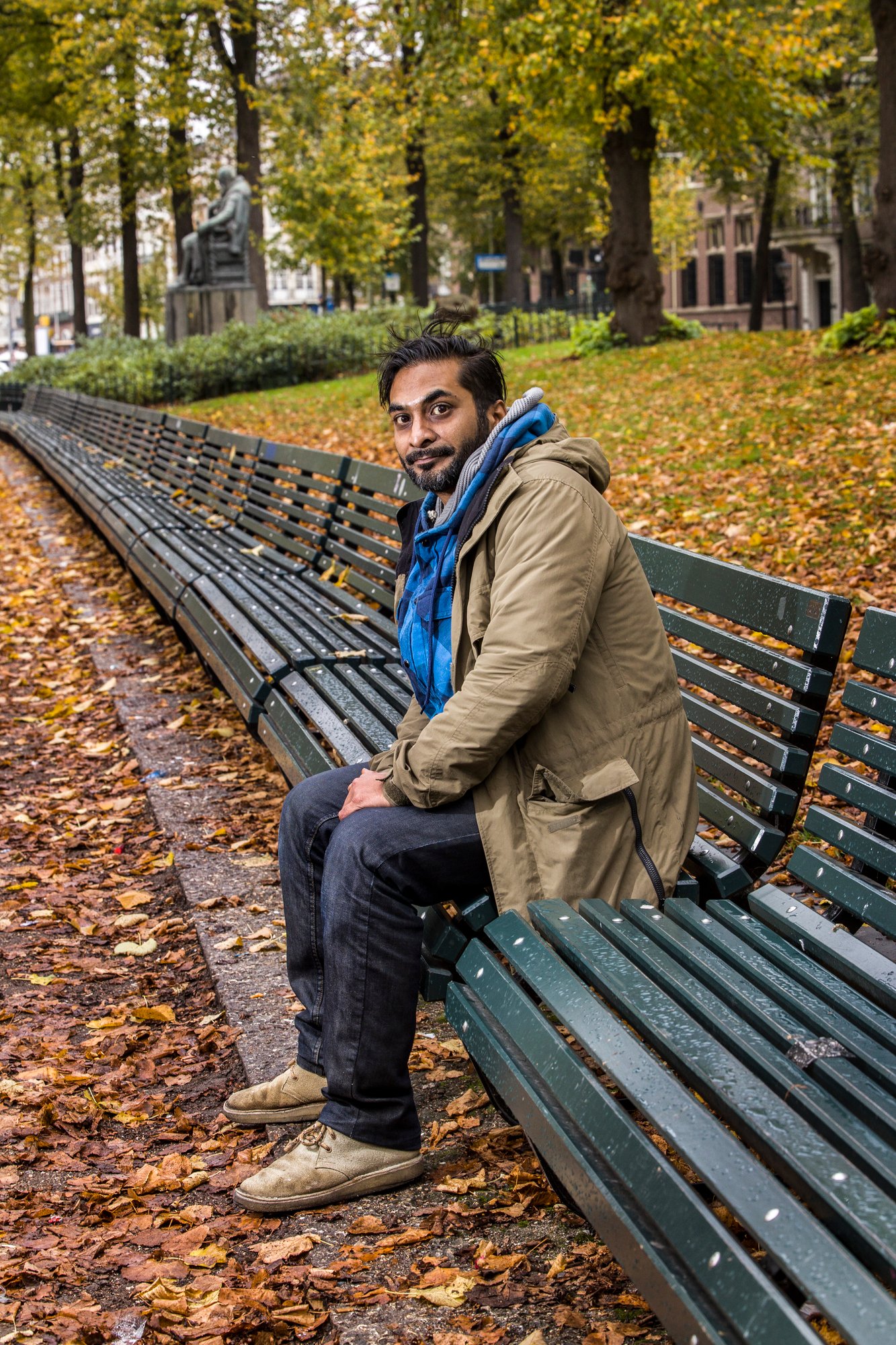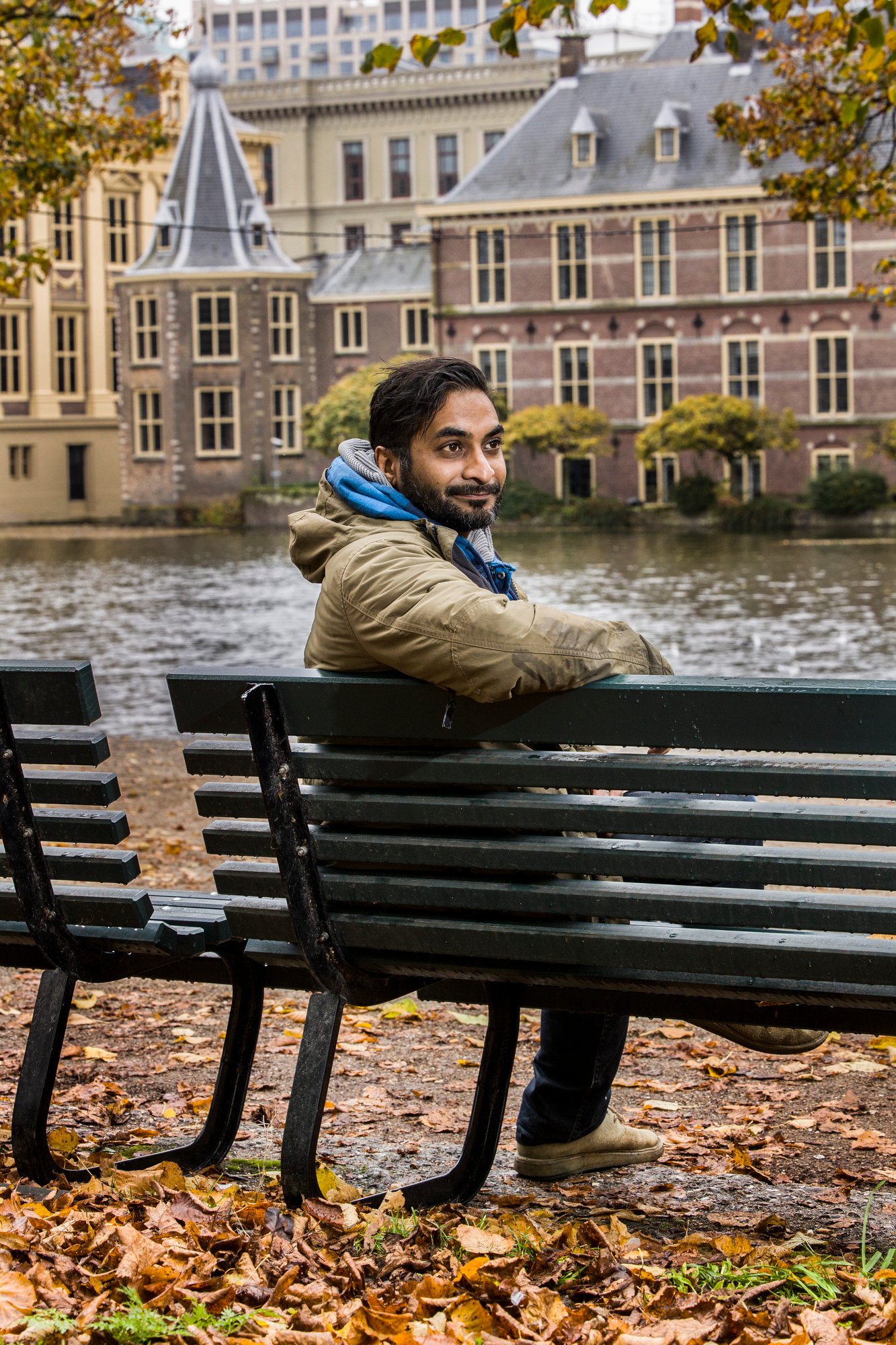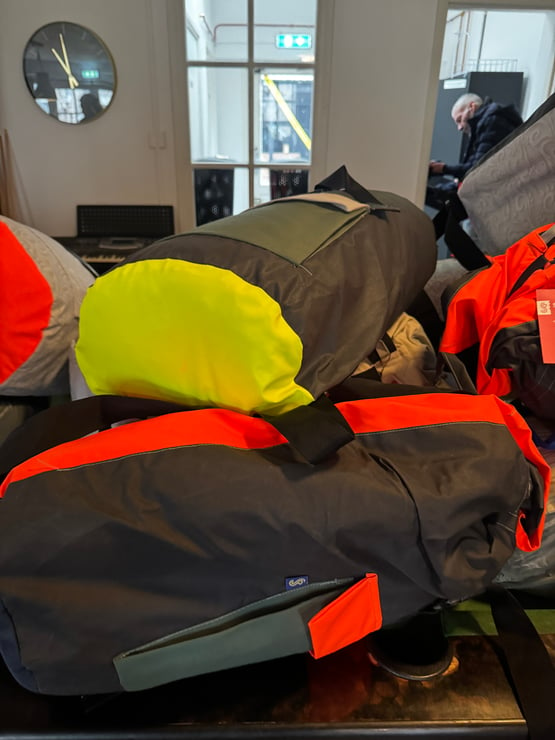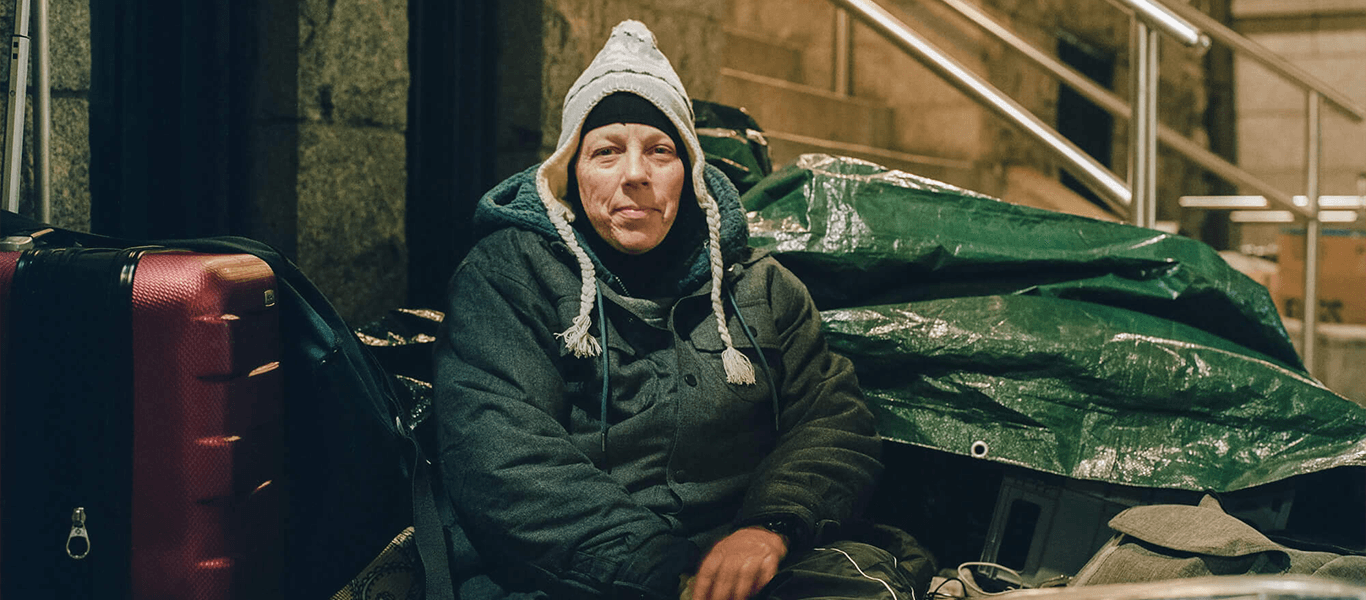Reza talks about the daily routine of survival and how the system meant to shelter people actually offers little. “At first I waited, as they told me,” he explains. “I was told they would arrange something for me, but after months of waiting I knew I had to rely on myself.” The idea of a safety net for those in need seems nice in theory, but Reza's experience paints a different picture. “The Netherlands is known for its social safety net, but that safety net is only there on paper,” he says. “In reality, there are too few facilities. The agencies that are supposed to help often can't.”
In reality, there are too few facilities. The agencies that are supposed to help often cannot.

Housing as a basic right, not a luxury
What Reza makes clear is that the homeless problem in the Netherlands is not only about care but also about a structural housing shortage. He feels treated as an outsider by the system, despite having grown up in the country. “They treat you like a criminal, while it's about a fundamental problem: the lack of housing,” Reza says. “Housing should be the starting point, not an end station,” he continues. “Without a home, without security, you can't recover or build a future.”
Living on the margins: what does survival mean in The Hague?
Reza's story is one of frustration and injustice. Of bureaucratic walls that make every step difficult and of the social exclusion homeless people face. He sees his current situation as a result of policies and a system that treats homelessness as a healthcare problem, not a housing problem. His message to society is simple: “Understand that we are also people with dignity, and a lot of us don't choose this. We all want to belong somewhere.”



















